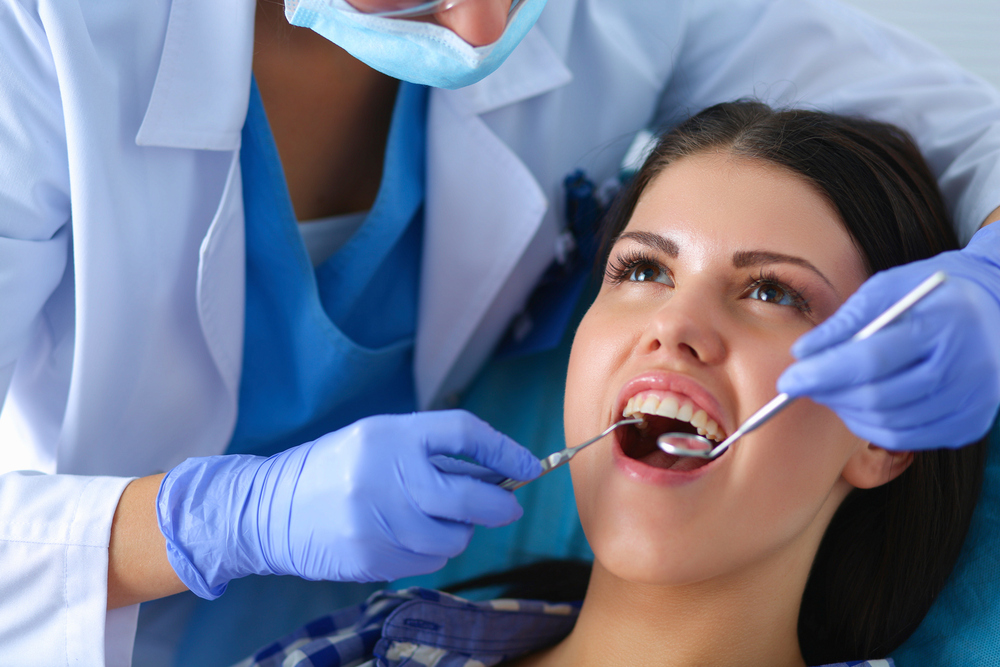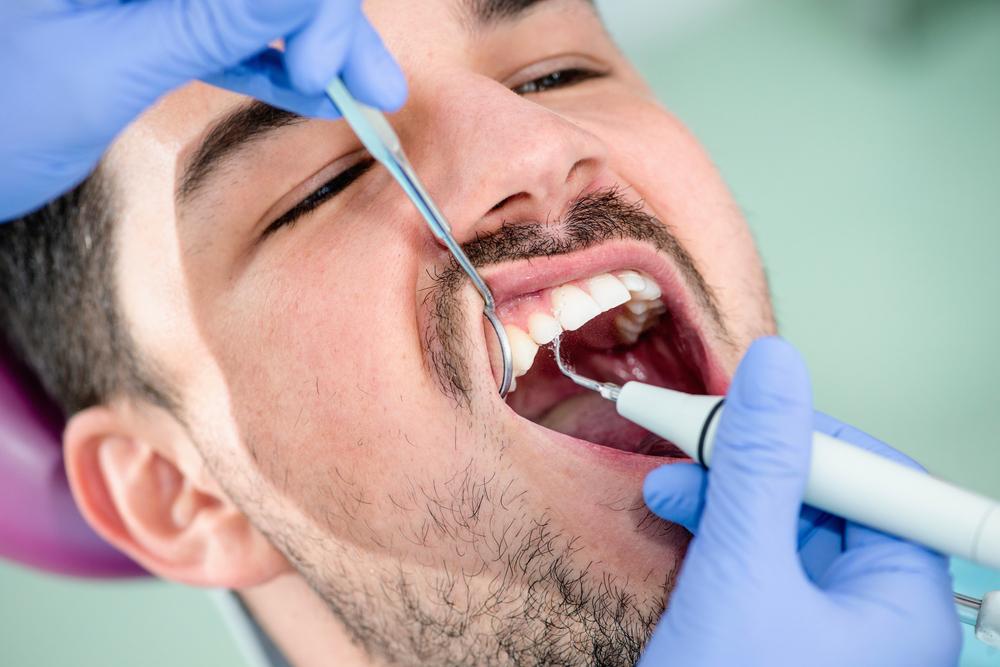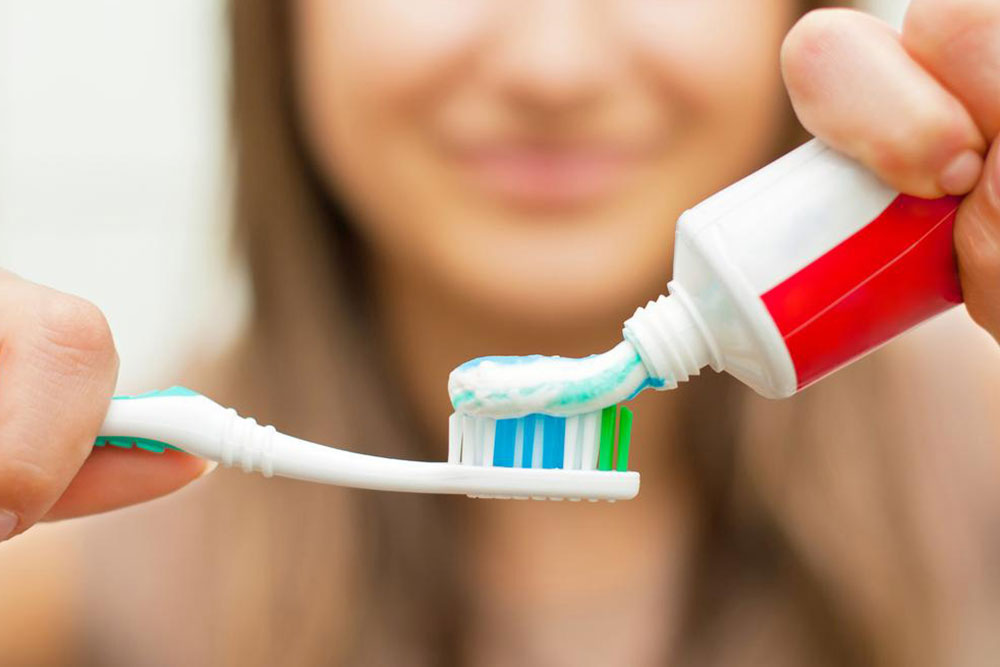Everything You Need to Know About Impacted Wisdom Teeth
Discover essential insights about wisdom teeth, including their development, common problems like impaction, signs of eruption, and management options. Learn why dental consultation is crucial if symptoms arise, and how extraction can be a straightforward solution to prevent complications.
Sponsored

Everything You Should Know About Impacted Wisdom Teeth
From around age 6, children typically begin losing their baby teeth to make room for adult teeth. The front teeth, starting with the central incisors and then lateral incisors, are replaced first. By age 13, most permanent teeth, including molars, have erupted, except for the third molars known as wisdom teeth. These usually appear between 17 and 25 years old. While some individuals grow all four wisdom teeth without issues, others may only develop two, with the remaining two never erupting.
Predicting how wisdom teeth will develop is challenging since their eruption varies greatly. Problems occur mainly when there isn’t enough space for them in the jaw. Impacted or partially erupted wisdom teeth can cause pain, swelling, infections, and inflammation.
Potential issues with wisdom teeth development
While wisdom teeth have no essential role, they can serve as an extra set of molars to aid in chewing. However, in some cases, the jaw is undersized, preventing proper eruption. Researchers suggest factors like vitamin K2 deficiency or lack of breastfeeding may influence jaw development. Additionally, soft diet habits in childhood might impact jaw growth. When properly aligned and healthy, wisdom teeth usually pose no problems.Signs indicating wisdom teeth are emerging
Symptoms include pain at the back of the mouth, which could also be related to temporomandibular joint issues. Earaches and pressure on neighboring teeth are common signs of eruption. Swollen gums or visible cuts may also indicate wisdom teeth breaking through the gums.Managing wisdom teeth
Any pain or discomfort should prompt a visit to the dentist. Impacted wisdom teeth can lead to cysts or tumors, risking jawbone decay and damage to other teeth. In many cases, dentists recommend extraction, which is a quick, minimally invasive procedure with same-day recovery.





